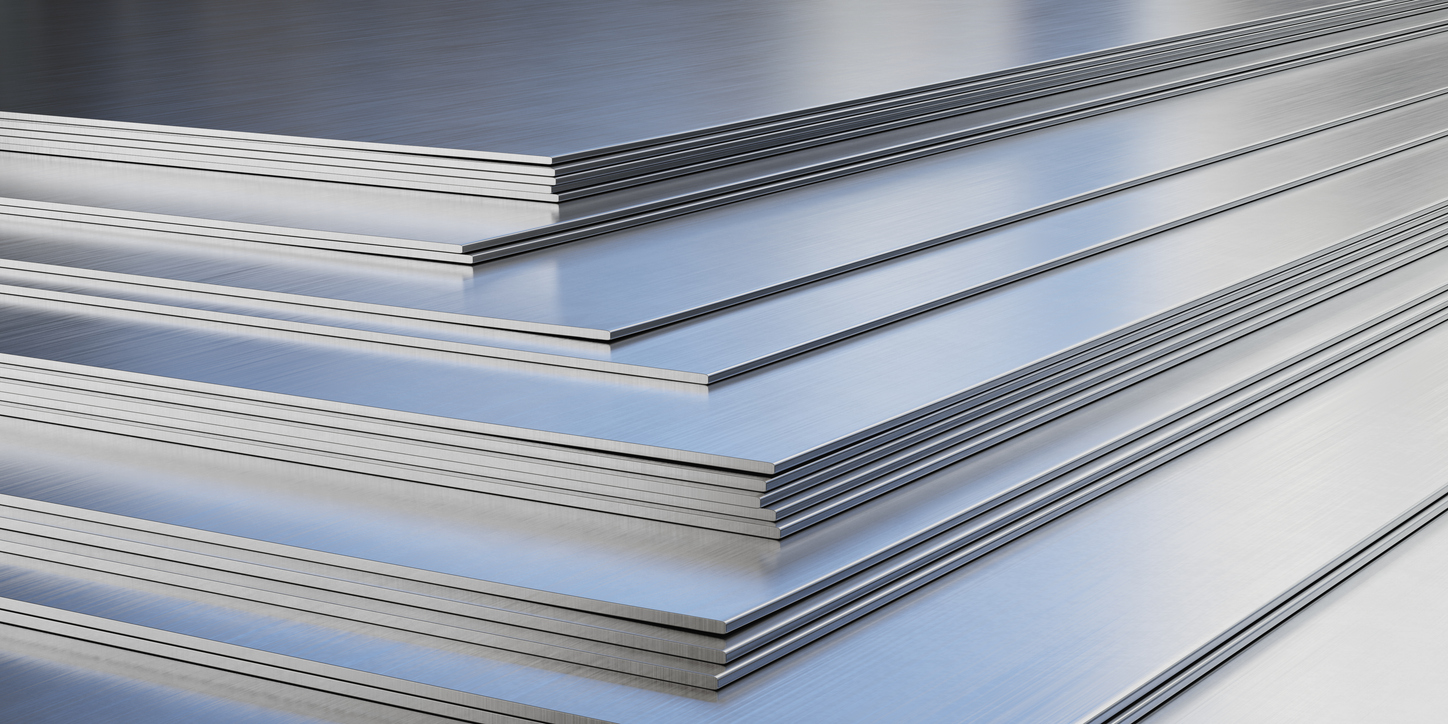While there are other materials available for outdoor power pedestals, it is important to carefully consider the properties and impacts of each option. For example, aluminum has a lower tensile strength and can be prone to warping or deforming in extreme temperatures. Mild steel corrodes easily, posing environmental risks. Plastic is lightweight but, vulnerable to UV radiation, temperature extremes, and moisture damage.
Pedoc’s stainless steel power pedestals provide the optimal blend of strength, durability, and corrosion resistance for any outdoor space.
Stainless Steel
Durability & Uncompromising Strength
A tough material that can withstand harsh environmental conditions such as high winds, extreme temperatures, and exposure to UV radiation. Its high tensile strength provides resistance to breaking under tension or stress making it resistant to impact.
Aesthetic Appeal
Not only is stainless strong, it carries a sleek and modern appearance that can enhance the aesthetic appeal of outdoor spaces.
Superior Corrosion Resistance
Contains a high amount of chromium, which forms a protective layer on the surface of the metal that prevents rust and corrosion. This allows wiring, conduit and devices to continue to function safely and properly over time.
Cost Savings Over Time
Its durability and resistance to rust and corrosion means less maintenance and a longer lifespan.

Environmentally Friendly
Stainless steel is a sustainable material that can be recycled repeatedly without losing its properties. It is non-toxic and does not release any harmful chemicals or leach toxins into the soil or water and supports environmental sustainability efforts by reducing the demand for new raw materials and minimizing waste.
Mild Steel Power Pedestals
Mild steel is not ideal for electrical enclosures for several reasons:
Aluminum Power Pedestals
Aluminum is not ideal for electrical enclosures for several reasons:
Plastic Power Pedestals
Plastic is not recommended for electrical enclosures for several reasons:
Strength and Durability | High Quality | Sleek Design | Variety | Made in the USA | cULus Listed | NEMA 3R suitable for Wet Locations
